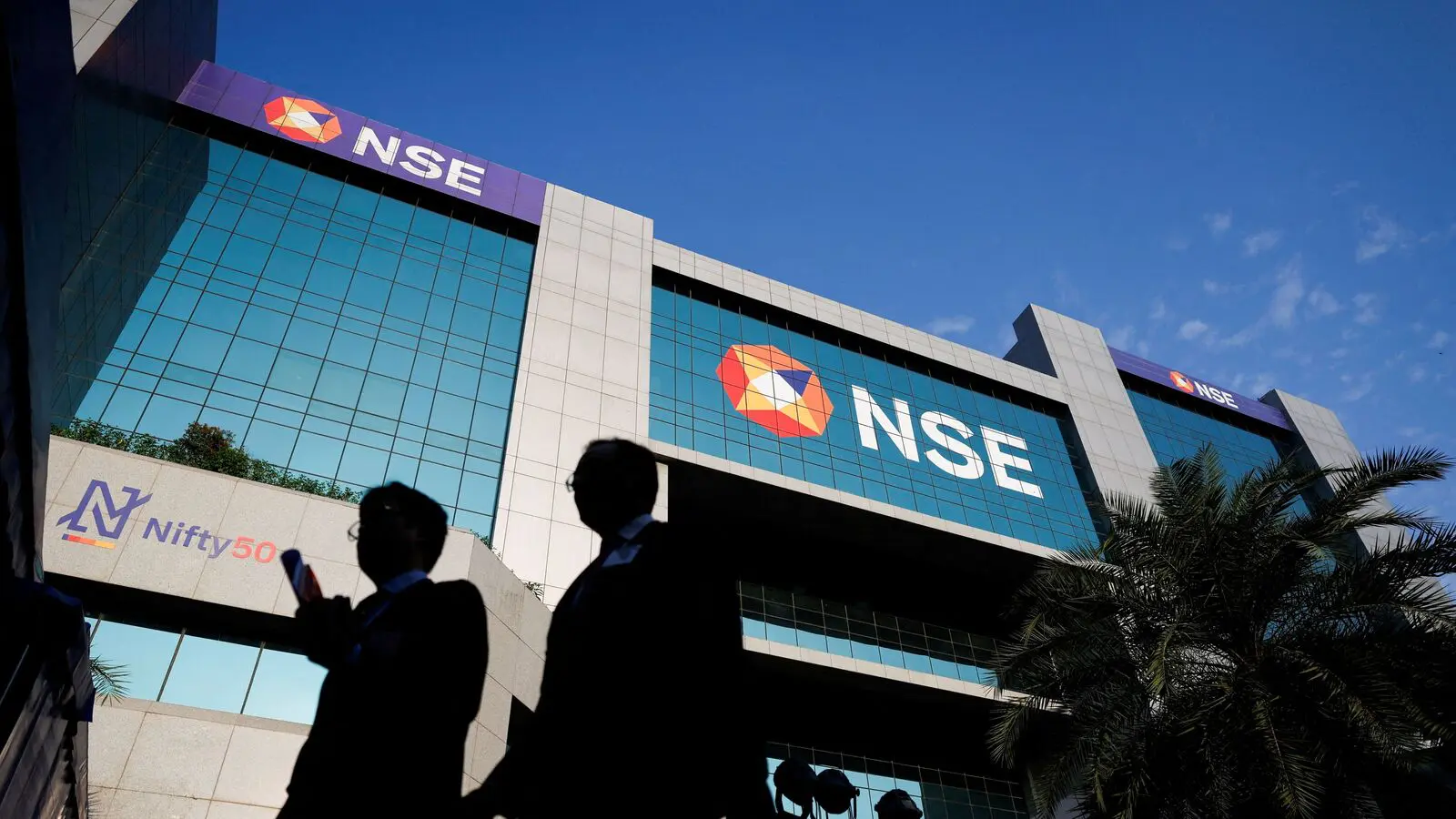New Delhi: The National Stock Exchange (NSE) has announced that it will conduct mock trading sessions on August 30, aimed at testing its trading systems across capital market, commodity, and currency derivatives. This initiative is designed to help brokers and users become familiar with existing systems while simulating real-world trading conditions without any financial risk.
Importance of Mock Trading Sessions
The NSE’s decision to hold mock trading sessions highlights the importance of maintaining robust systems in the rapidly evolving landscape of the Indian economy. With the increased volatility in global markets and the RBI’s focus on controlling inflation, ensuring that trading platforms remain resilient is critical for sustaining investor confidence. Mock sessions serve as a proactive approach to testing trading infrastructure and emergency procedures, thereby minimizing the likelihood of disruptions during actual trading hours.
What to Expect on August 30
On August 30, participants can expect a comprehensive simulation that encompasses various segments of the trading ecosystem, including capital markets and derivatives. As confirmed by a recent press release from the NSE, there will be no new software updates rolled out during this period. This assures all participants that they will work with familiar systems, minimizing variables and allowing for a focused testing environment. Brokers and traders can use this unique opportunity to practice their strategies and troubleshoot processes without any financial stakes involved.
Real-World Implications for the Banking Sector
The Indian banking sector is intricately linked to stock market performance. With the RBI inching towards a tighter monetary policy in response to rising inflation, such preparatory measures are essential. For instance, if an unexpected technical breakdown occurs during trading, it could potentially lead to significant turmoil in the financial markets. Mock trading sessions serve to prevent such outcomes. Consider how last year’s unexpected market dip due to technical glitches resulted in considerable losses for many investors. By employing thorough testing measures now, the NSE aims to safeguard against similar incidents in the future.
Familiarity Breeds Confidence
Engaging in mock trading also breeds familiarity with trading systems. For new traders and brokers, this could be the difference between confidence and hesitancy. For example, a budding trader named Aditi, who recently transitioned from a corporate role to full-time trading, emphasized the importance of these practice sessions. She said, “Participating in mock trading helped me understand trade execution and market dynamics without the fear of financial loss. It boosted my confidence immensely when I made my real trades.”
Looking Ahead: The Future of Trading in India
As the Indian economy continues to grow, the regulations around trading and banking are likely to evolve as well. With the RBI focusing on maintaining an optimal repo rate to combat inflation, regulatory bodies will need to implement stringent measures to ensure stability. The NSE’s mock trading initiative is just one step of many that could lay a strong foundation for future trading innovations. As more advanced technologies, like AI and blockchain, come into play, continuous testing through mock sessions will be essential to adapt to these changes efficiently.
In conclusion, the upcoming mock trading sessions on August 30 by the NSE are more than just a routine exercise; they are a critical component of a larger strategy focused on resilience and preparedness in the Indian financial markets. By ensuring that all stakeholders are well-equipped and familiar with the systems, the NSE fosters a secure trading environment beneficial not just for individual brokers but for the Indian banking sector and the economy at large.
Bankerpedia’s Insight💡
The National Stock Exchange’s mock trading sessions are vital for ensuring the robustness of India’s financial infrastructure. By allowing brokers and users to practice in a simulated environment, these sessions bolster confidence and minimize disruptions in real trading. This proactive step enhances system reliability, which is crucial for attracting both domestic and foreign investments in a burgeoning economy. For investors, it underscores the importance of high-functioning markets; staying informed can help mitigate risks and position them favorably in a dynamic financial landscape.
What Does This Mean for Me?🤔
- Salaried Person → Potential opportunity to learn trading without financial risk.
- Business Owner → Opportunity to practice trading without financial risk.
- Student → Opportunity for practical trading experience without financial risk.
- Self-employed → Opportunity to practice trading without financial risk.
- Homemaker → Potential insights into market trends and trading practices.
- Retiree / Senior Citizen → No direct impact; it’s a testing session for traders.
- Job Seeker → Improved market familiarity boosts job candidate competitiveness.
- Farmer / Rural Citizen → Enhanced trading knowledge and readiness for market participation.
Research References📚
📲 Stay ahead in banking & finance!
Join the Bankerpedia WhatsApp Channel for instant updates, and
subscribe to our YouTube Channel for in-depth analysis and expert explainers.










